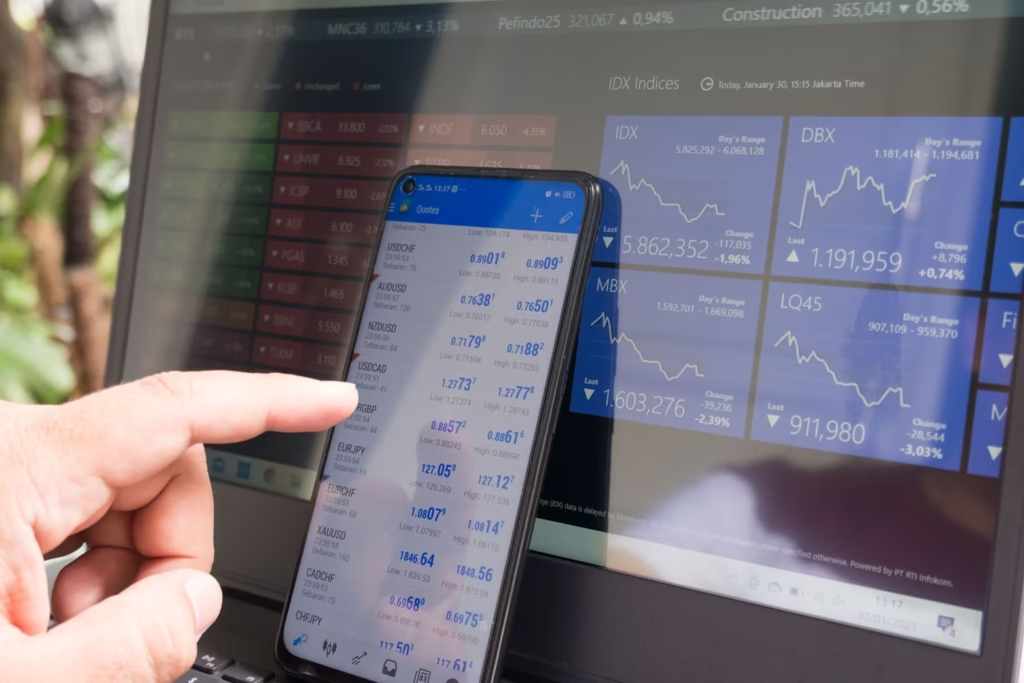The U.S. Debt Ceiling Crisis: What It Means for the Economy and Financial Markets
Introduction:
The United States is once again facing a looming debt ceiling crisis, with Congress deadlocked on whether to raise the federal borrowing limit.
The debate over the debt ceiling is not just a political issue but one that has far-reaching consequences for both the U.S. and global economies.
What is the Debt Ceiling and Why Does It Matter?
The debt ceiling is the maximum amount the U.S. government is allowed to borrow to meet its existing financial obligations.
If the debt ceiling is not raised, the U.S. risks defaulting on its obligations, which could have catastrophic effects on both domestic and global financial markets.
The Immediate Economic Impact of Default:
Government shutdown: A failure to raise the debt ceiling could lead to a government shutdown, affecting federal employees, contractors, and public services.
Credit rating downgrade: A default could result in the downgrading of the U.S. credit rating, raising borrowing costs for the government.
Stock market volatility: The financial markets would react negatively to the uncertainty, leading to a potential sell-off in equities and bonds.
Long-term Effects on the U.S. Economy:
A default could lead to a severe recession in the U.S. and global economies, with the potential for a rise in unemployment and a slowdown in economic activity.
The global role of the U.S. dollar and U.S. Treasury bonds would be called into question, undermining the confidence in the world’s reserve currency.
Political Implications of the Crisis:
The debt ceiling crisis is also a political battleground, with both major political parties using it as a leverage point.
Bipartisanship issues: There’s a growing divide between the parties on fiscal policies, which complicates efforts to resolve the crisis.
How Investors Are Preparing:
Investors are shifting their portfolios to safeguard against a potential default by moving assets into safe-haven investments such as gold, treasury inflation-protected securities (TIPS), and foreign bonds.
Government bonds: Some analysts warn of increased volatility in the bond markets, where treasury yields could rise significantly as investors demand higher returns for the perceived risk.
Conclusion:
The U.S. debt ceiling crisis is a significant concern for both policymakers and investors. Until a resolution is reached, the uncertainty will continue to weigh on markets and the economy.

